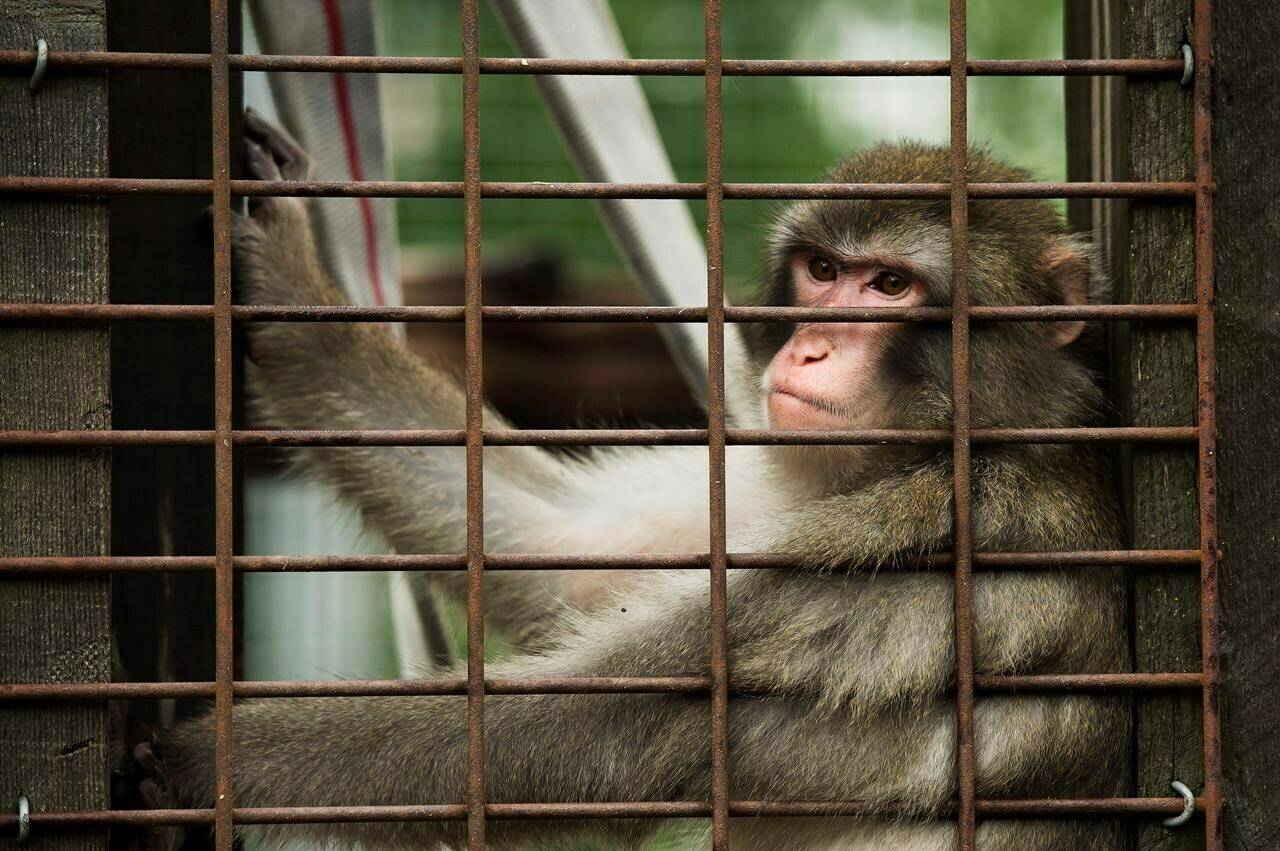The Province of British Columbia has proclaimed October 17- 23, 2016, as Waste Reduction Week, aimed at promoting awareness about the amount of waste being sent to local landfills.
Everyone has a role to play in helping to reduce waste by recycling, reusing and composting.
B.C. is the first provincial jurisdiction to take a leadership role on addressing food waste by incorporating reduction targets in the Province’s Climate Leadership Plan (CLP). The CLP calls for an organics diversion from landfills target of 90% and a food waste prevention target of 30%.
These targets will also help B.C. achieve the municipal solid waste disposal target of 350 kilograms per person by 2020. In 2014, the disposal rate was 520 kilograms per person, down from 579 kilograms per person in 2010.
The Province is also leading the way in helping B.C. communities reduce food waste. Recognizing the need for community-based solutions, the Ministry of Environment published the Residential Food Waste Prevention Toolkit last year to assist local governments and community organizations implementing strategies to reduce food waste.
Waste Reduction Week has been observed nationally by all provinces and territories since 2001. For more information on what’s happening around B.C., please visit the Recycling Council of British Columbia’s Waste Reduction Week 2016 web page: http://www.rcbc.ca/events/waste-reduction-week
“B.C. continues to be a national leader when it comes to innovative programs and accomplishments in waste reduction.” said Mary Polak, Minister of Environment. The aggressive waste- to-resource strategy in our Climate Leadership Plan puts us at the forefront of reducing food waste sent to landfills as well as reducing greenhouse gas emissions from organic waste.”
“RCBC provides information resources to communities through the recycling hotline, our online ‘Recyclepedia’, and free phone app,” said Brock Macdonald, chief executive officer, Recycling Council of British Columbia. “Whether its recyclables or organics, we’re there to help British Columbians reach those targets to divert valuable resources from landfills.”
The amount of food thrown away by Canadian households is equivalent to one-in-four bags of groceries brought home being thrown away. Uneaten leftovers and spoiled food make up over 25% of the waste discarded from a household. This wasted food costs Canadian household almost $1,800 per year.
Food waste, along with other organics waste that is disposed in landfills, decomposes and produces methane, a greenhouse gas that is 25 times more potent than carbon dioxide. Every tonne of food waste reduced prevents four tonnes of greenhouse gases from being emitted.
